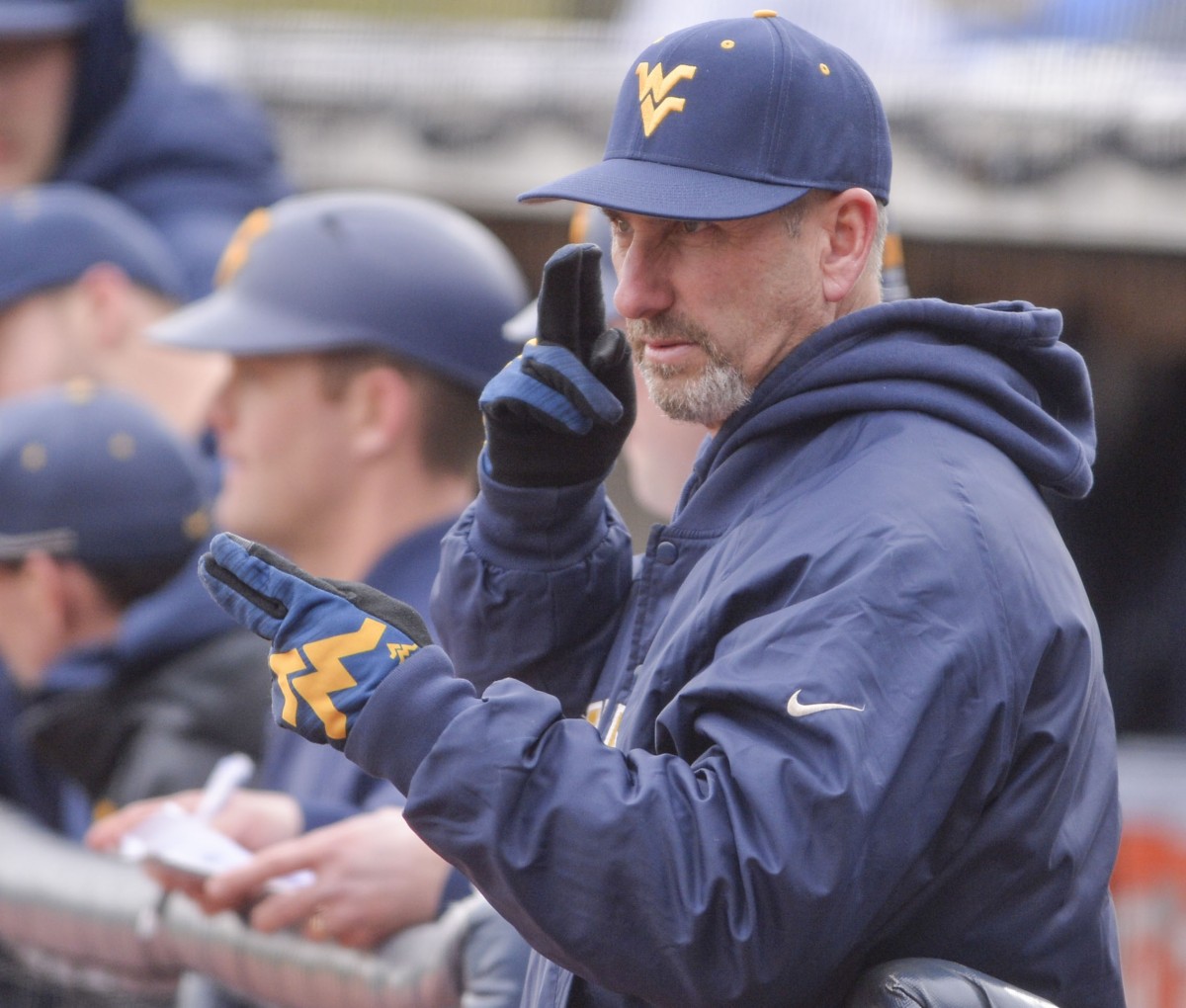MORGANTOWN — As the names came and went Monday, and NCAA regionals were quickly filling up without West Virginia’s baseball team being included in the NCAA tournament, one thing became apparently clear:
Randy Mazey is coaching the wrong sport.
This statement is not a reflection on Mazey’s abilities to manage a roster, coach his athletes or even his recruiting talents.
It’s more a statement toward college baseball as a whole, and how the sport is broken and may never be fixed.
As to why the Mountaineers didn’t get an invite, what we can simply tell you is they had made a lot of good arguments to be included, but the selection committee seemed to be too focused on the one metric against them from the outset.
“They give all the reasons why the teams that didn’t get bids and those reasons change every year,” Mazey said. “One year it’s RPI, next year it’s conference schedule. I think this year it was non-conference strength of schedule.”
West Virginia’s overall strength of schedule was No. 52 overall. The Mountaineers’ nonconference strength of schedule was ranked No. 84.
And this is where college baseball is broken, because the sport — along with softball on the women’s side — is so uniquely dependent upon the weather like no other college sport.
It would be easy to simply say, ‘Well, Mazey should have just scheduled better nonconference opponents.”
The college baseball season begins in mid-February, before college basketball teams have even begun conference tournaments.
WVU, like so many other northern schools, spend the first month of the season on the road.
There are good tournaments to be found during that time, maybe even a three-game series against a good southern school, but it’s all truly hit or miss how much those teams will help or hurt your RPI.
West Virginia’s nonconference schedule this season included an ACC school in Duke, two home games against Ohio State and three more games against Big Ten schools in Minnesota, Illinois and Michigan State.
That does not include the three games against Pitt, another ACC school, and two games against Penn State out of the Big Ten.
Throw in the 24 Big 12 games and that’s 35 games WVU played against other Power Five Conference schools out of 53 regular-season games.
That’s 66% of WVU’s games against Power Five schools, with another game against Coastal Carolina — the 2020 national champion — and a three-game series against Campbell, which won 40 games and made the tournament this season.
Despite what the computer-generated numbers tell you about the nonconference strength of schedule, Mazey and the Mountaineers didn’t duck anyone.
Now, the truth of the matter is while the ACC was loaded, Duke and Pitt weren’t exactly world beaters. Illinois, Ohio State, Minnesota and Michigan State all finished below WVU in the RPI.
It was probably unfathomable back in 2021 — when the bulk of this schedule was being put together — that all of those Power Five nonconference schools were actually going to hurt WVU’s RPI, but that’s sort of what happened.
And when northern schools travel south for those early-season games, it’s not exactly like basketball teams going to the Maui Invitational, where four or five top 25 teams are all at the same tournament waiting to play you.
There’s no Big 12-SEC Challenge in college baseball. There’s little in the way of any type of showcase tournaments in college baseball.
Meaning that putting together a college baseball schedule at a northern school is as much a guessing game than in any other sport.
WVU guessed wrong in 2022, at least that’s what the selection committee seemed to say.
Mazey believes much of this could be fixed by delaying the start of the college baseball season to April.
That was the proposal he floated back in 2015, one that would seemingly bring more competitive balance to scheduling by not forcing all the northern schools to travel south for the first month of the season.
That, too, comes with drawbacks. Most notably conference tournaments wouldn’t begin until July and the NCAA tournament wouldn’t end until August.
By then, the major league draft is well over and the minor leagues and rookie leagues games are well underway.
It’s possible top prospects would leave their schools at the biggest point of the season to begin their pro careers.
On top of that, it would be hard to see southern schools give up a recruiting advantage they now have by playing in February.
And so you have a broken sport, one in which there doesn’t seem to be much enthusiasm to fix.
TWEET @bigjax3211




